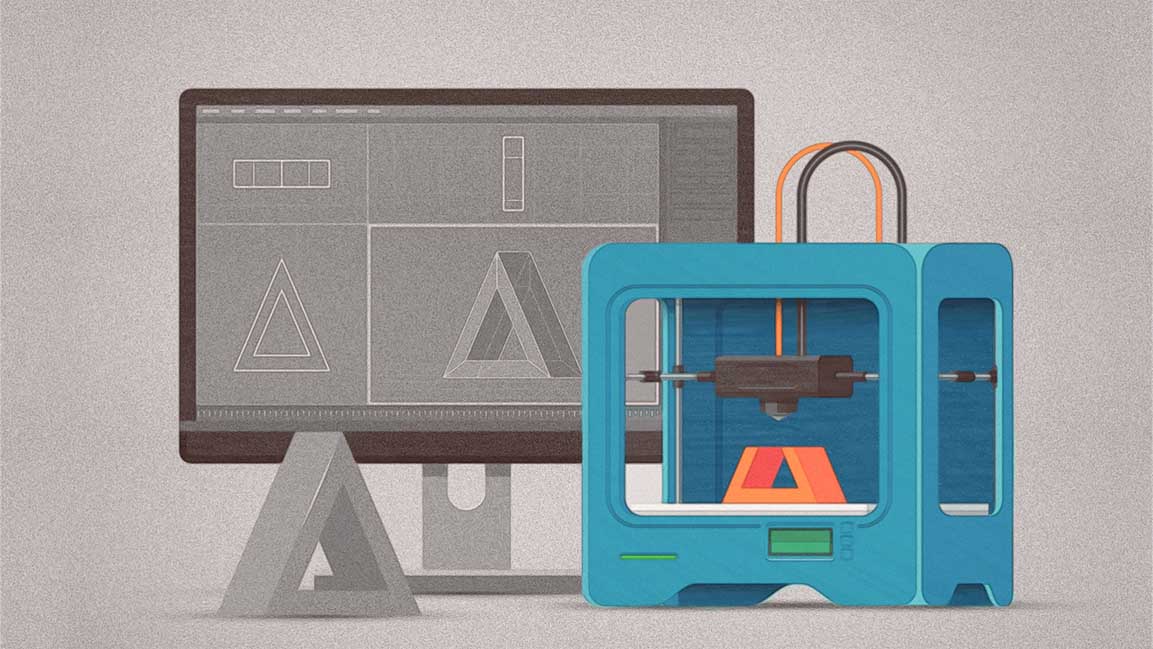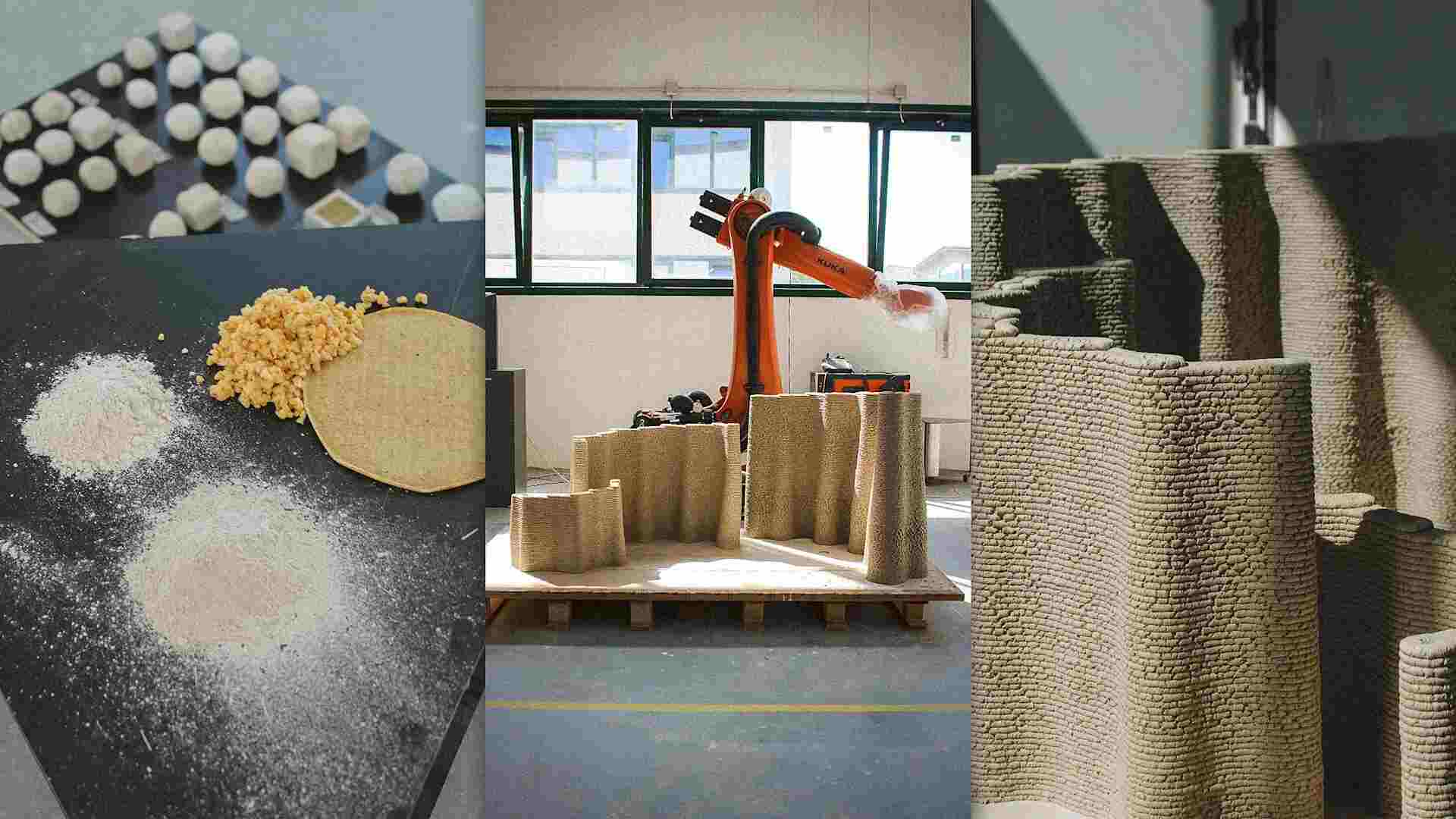- | 11:00 am
3D printing: The future of construction industry in the UAE
A 3D printing certification program was launched to improve the quality of concrete mixes in licensed factories.

3D printing is gaining ubiquity in real-life situations. The UAE is investing heavily to increase the number of 3D-printed buildings in Dubai by 25% by 2030 to reduce human construction labor by 70% and cut building costs by 90%. 3D printing’s champions say it’s more sustainable than traditional construction.
In line with its 3D printing strategy, Dubai Municipality has launched the world’s first system for 3D printing certification in the construction industry to ensure that the city’s 3D-printed buildings are safe, durable, and sustainable.
“The new system is anticipated to make significant strides in the efforts to streamline practices and procedures for 3D printing and enhance the quality of concrete mixes used in licensed factories,” said Dawoud Al Hajri, director-general of Dubai Municipality.
The system will be overseen by Dubai Central Laboratory, which has a team of experts, specialists, engineers, and technicians.
Alia Al Harmoodi, CEO of the Environment, Health, and Safety Agency at Dubai Municipality, highlighted that the new system will focus on assessing product and raw material quality, ensuring the efficiency of manufacturing equipment and machinery, defining technical standards, and ensuring the efficiency of management systems within factories.
“In line with its efforts, Dubai Municipality included an integrated guide on its website featuring four chapters that cover the key requirements to be met by factories and entities engaged in 3D printing for the construction sector,” said Al Hamroodi.
Despite these still-evolving initiatives, there are still hurdles that construction companies using 3D printers will need to overcome before it can be called a mature technology capable of building structures. We’re still very far away from a future in which a large group of robots will autonomously build a complex building on their own, according to a report from the global consulting firm BCG.































